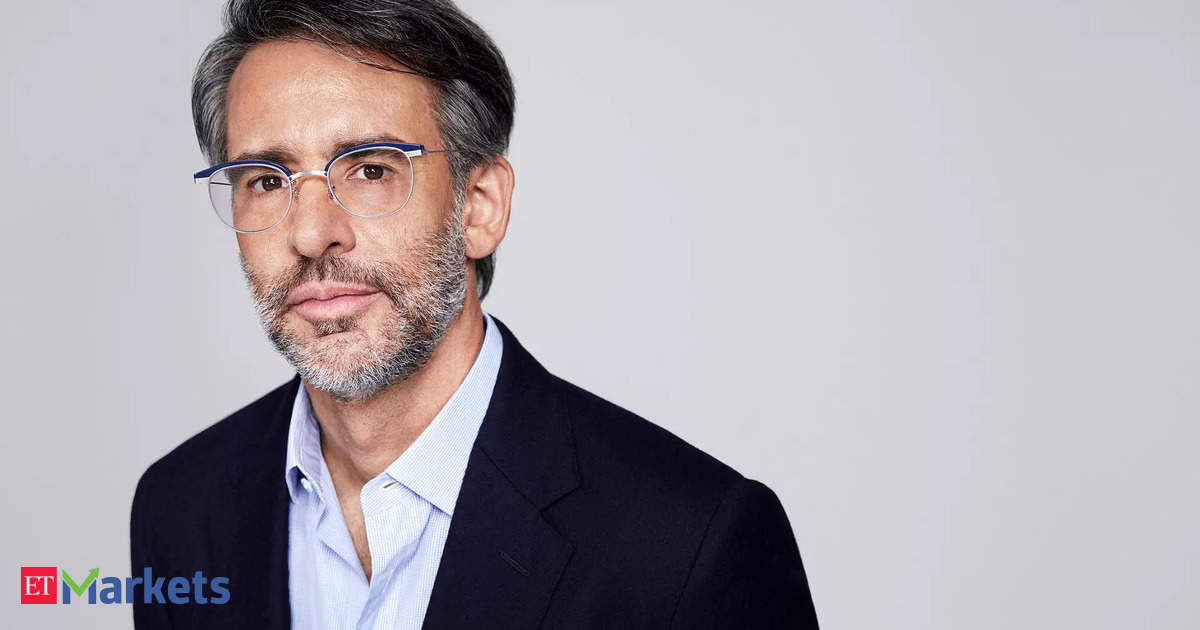Clavel took up his new role at the Japanese conglomerate a year ago, co-leading its investment vehicle SoftBank Vision Fund (SVF) with Rajeev Misra. While Clavel heads SVF-II, Misra, who stepped away from day-to-day operations in 2022 and later launched One Investment Management, oversees SVF-I’s legacy investments. Clavel’s rise coincided with a hardening of course at the group founded by Masayoshi Son after years of exuberance, amid a broader reset in the world of technology investing.
‘Many opportunities in India’
“At first, there was some concern about the thin capital markets here. While we were excited about the opportunities, we wondered if the IPO market would be large enough to provide liquidity for our exits,” Clavel said. “Fortunately, India’s capital markets have developed well, as progressive market regulations have stimulated capital flows and increased domestic liquidity, reducing our dependence on foreign markets such as Hong Kong or the United States.”
SoftBank’s portfolio companies FirstCry, Ola Electric and Unicommerce have all gone public this year, and a $1.25 billion initial public offering (IPO) by Swiggy is planned for November.
According to Prime Database, which compiles data on domestic capital markets, 64 companies have collectively raised Rs 92,645 crore through IPOs so far in 2024, making it the second-highest fundraising year after 2021.
Buoyant public markets have also meant that many companies want to avoid raising late-stage capital, which Clavel said was evident in India. “Founders may prefer to go public rather than make large private investments right before an IPO. This is understandable: when IPO markets are strong, founders might go public to avoid the time and dilution of private rounds. But there are still many business opportunities in India that excite us,” he said. By contrast, U.S. public markets have been relatively stagnant over the past three years, he said. “There was a prevailing hope in the market that Arm’s IPO more than a year ago would open the floodgates, but that hasn’t happened,” the SoftBank executive said. UK-based Arm Holdings, a chip design company where SoftBank owns a 90% stake, debuted on Nasdaq as the largest IPO of 2023, raising $4.87 billion.
“The US market has been hit by election-related jitters, rising interest rates and geopolitical uncertainties… After the excitement of 2021, there is often a cooling off period, and that’s what we’re seeing now,” Clavel said.
He noted, “We have been the largest foreign investor in the Indian digital economy over the last decade and have invested $11 billion in Vision Fund-I and II. “If SoftBank’s equity is included, the total rises to $14 billion,” he said.
In total, SoftBank has made cash returns of $7.5 billion from the sale of Flipkart to Walmart in 2018, and public market sales in payPolicybazaar and Grofers (now Blinkit), where the investor completely dropped out.
However, Clavel said these exits in India were not due to any pressure to bring in liquidity, considering the pressure on the Vision Fund, which had been posting huge losses due to failed bets on high-flying startups like WeWork. “There is no pressure from SoftBank to push companies to go public in India…. If they do well and go public, we determine the best course of action for returns. We as investors do not have any vertical directives,” he stated.
“We believe we have backed the right founders in the right sectors, and our investments have been successful thanks to India’s stable government and favorable market environment,” the co-CEO said.
Going public, Swiggy, for example, has reached a market capitalization of $28 billion, achieving a leading position in both food delivery and fast commerce through Blinkit. “Food delivery and fast commerce are huge markets… Harsha (Swiggy founder Sriharsha Majety) and Swiggy approach business with an innovative and builder mindset, and we are optimistic about the company’s long-term execution capabilities.” deadline,” he said.
FOR A FULL INTERVIEW, VISIT www.economictimes.com
Disclaimer:
The information contained in this post is for general information purposes only. We make no representations or warranties of any kind, express or implied, about the completeness, accuracy, reliability, suitability or availability with respect to the website or the information, products, services, or related graphics contained on the post for any purpose.
We respect the intellectual property rights of content creators. If you are the owner of any material featured on our website and have concerns about its use, please contact us. We are committed to addressing any copyright issues promptly and will remove any material within 2 days of receiving a request from the rightful owner.

